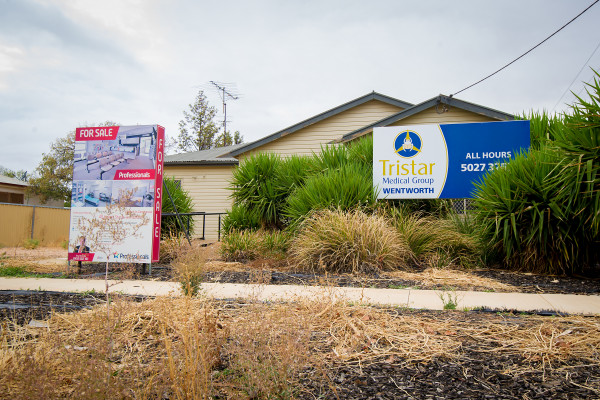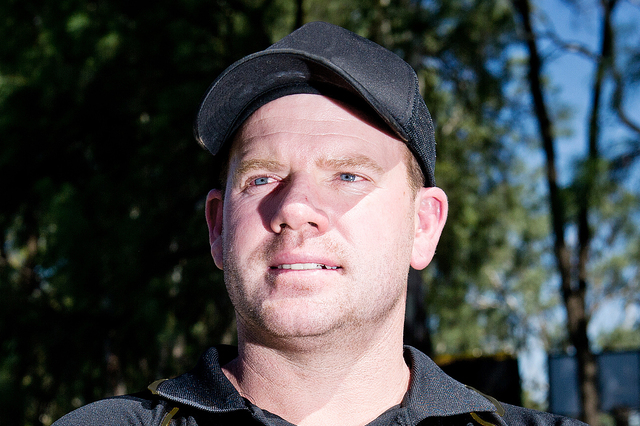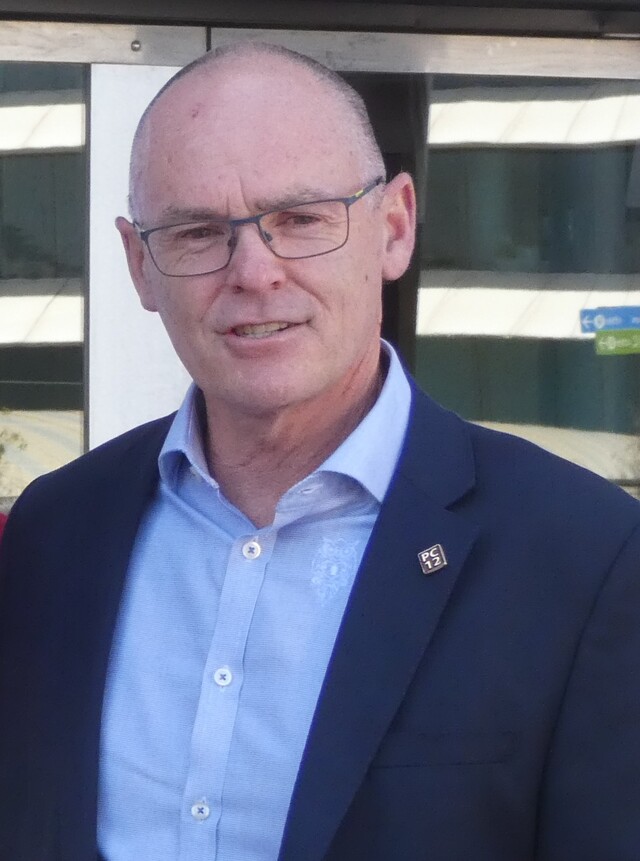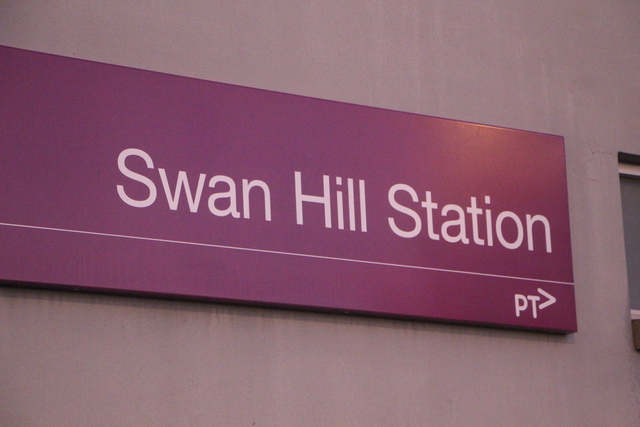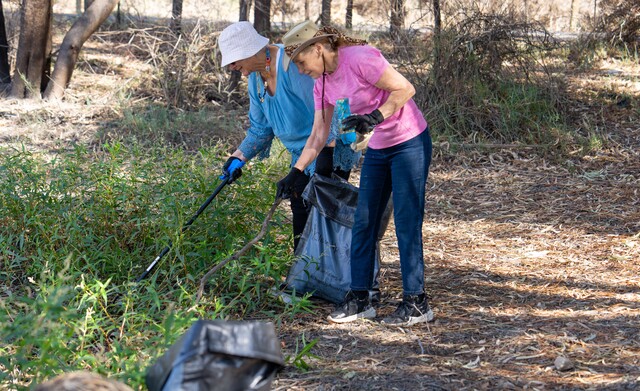A SUBSTANTIAL increase in the number of intentional self-harm hospitalisations in the Wentworth region has been directly attributed to a scarcity of health services, a NSW Parliament inquiry has been told.
The Inquiry into Health Outcomes and Access to Health and Hospital Services in Rural, Regional and Remote NSW heard the number of people self-harming in the local government area had been steadily rising since 2012 and was particularly evident among females.
The number of females hospitalised due to self-harm in the Wentworth area had risen from about 130 per 100,000 to almost 200 per 100,000 in the seven years to 2019, the inquiry was told.
For men, there was an increase from about 85 per 100,000 to 110 per 100,000.
Wentworth District Community Medical Centre Inc president Glenis Beaumont said the data reflected Wentworth’s “parlous situation” with a patchwork of “very part-time” GP service mental health services that had been deficient in the town for many years.
In a submission to the inquiry, Ms Beaumont said the community of 2000 felt ignored and, despite indisputable data showing the need for critical health infrastructure in Wentworth, no level of interest had been shown.
“We are a community of 2000 with generally poor health and wellbeing, significant socioeconomic disadvantage, high levels of unemployment, inherent vulnerability, meagre public transport and a predominantly ageing community, although young families are on the increase,” Ms Beaumont said.
“The town of Wentworth is a proud and resilient community with a history of making the most of its circumstances, but there is a strong sense of neglect in regard to health matters and health services.
“The community believes it is easily overlooked, as we are small in population, invisible and distant to decision makers.”
Ms Beaumont said the town deserved to have minimum health services accessible to all across weekdays.
“Our hospital has limited function due to its ageing infrastructure, its narrow range of services, the range and level of clinician skills, the lack of an urgent care-accident and emergency or first-aid services and, critically, the minimal GP support,” she said.
“We deserve to have a hospital that provides for the community’s need and most of all our town should be supported by the Local Health District with a range of locally available core services and suitable clinicians that reflect the community’s health needs and best practice.”
She said that without the availability of two or three dedicated full-time local GPs to support the hospital, nursing home and a GP clinic, Wentworth faced the loss of services, a decline in related businesses and an exacerbation of health and social issues.
Member for Murray Helen Dalton told the inquiry that a new hospital, including an emergency department with increased services, was required.
“The lack of GPs in the Wentworth district must be addressed, along with the limited specialist services in the western area of the electorate,” she said.
“The lack of public dental services is having a damaging impact, particularly on lower socioeconomic groups.
“Addressing the ageing workforce and issues of staff recruitment and retention is a matter of urgency.”
Ms Dalton said the absence if inpatient maternity services was forcing women to travel to Victoria to deliver at “an incredibly demanding time”.
“This is totally unacceptable,” she said.
The inquiry, established last September, is examining health outcomes, patient experiences, wait times and quality of care for people who live in rural, regional and remote New South Wales, and how those measures compare to those of metropolitan local health districts.

